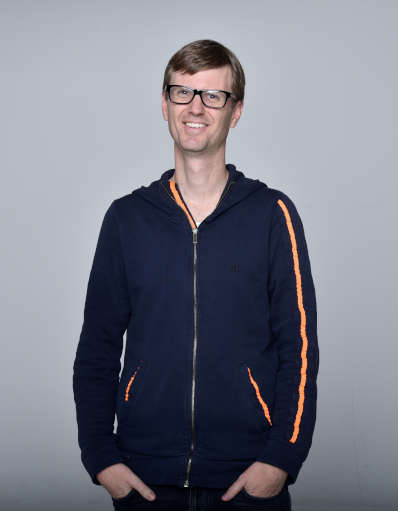IPPOG
IPPOG Forum Members
Sweden

Intro
The Swedish particle physics research activities are centered at universities, with groups working on e.g. the ALICE, ATLAS, and LDMX experiments, as well as astroparticle experiments like XENON, IceCube, Hyper-Kamiokande, as well as substantial activities in theory and phenomenology research. Many groups are very involved in outreach activities with PhD students, postdocs, and faculty members organizing events at museums, giving guided tours at CERN, Masterclasses for high school students, etc. Our goals is to communicate why particle physics research is important, how it is done, and what benefit it brings to society on both the shorter and the longer time scales.
Details
JOINED: 2016
CURRENT STATUS: MEMBER
Den svenska partikelfysikforskningen sker vid universiteten, med forskargrupper som arbetar med såväl ALICE-, ATLAS- och LDMX-experimenten som astropartikelfysikexperiment som XENON, IceCube och Hyper-Kamiokande, och betydande forskningsaktiviteter inom teori och fenomenologi. Många forskargrupper är väldigt engagerade i utåtriktade aktiviteter med doktorander, postdocs och seniora forskare som organiserar evenemang på muséer, guidade besök på CERN, sk Masterclasses för skolelever, etc. Våra mål är att kommunicera varför forskning inom partikelfysik är viktigt, hur forskningen går till, och hur den påverkar utvecklingen av vårt samhälle på både kort och lång sikt.
JOINED: 2016
CURRENT STATUS: MEMBER
Representative

Physicist, Associate Professor
Department of Physics Royal Institute of Technology (KTH) AlbaNova University Center SE-10691 Stockholm Sweden
Jonas Strandberg
Jonas Strandberg is an assistant professor in particle physics at the Royal Institute of Technology (KTH) in Stockholm. He started his career at Stockholm University, where he got hooked on particle physics after spending the summer of 1998 at CERN as a summer student. He graduated in 2001 and continued at Stockholm University for his doctoral studies, where his research concerned top quark physics at the Tevatron collider outside Chicago. He defended his Ph. D. thesis in 2006 and spent the following four years as a postdoc at the University of Michigan, before joining KTH as an assistant professor in 2011. He is a member of the ATLAS collaboration at CERN, and for many years now Jonas has been involved in the search for, and the subsequent discovery of, the Higgs particle in ATLAS.
The discovery of the Higgs particle, announced on the 4th of July 2012, has been widely heralded as one of the most important discoveries in physics of all time. With the additional media attention following the award of the 2013 Nobel Prize in physics to Francois Englert and Peter Higgs, interest in particle physics is booming and Jonas loves it. “Explaining what we do, and why we do it, is really the most appealing part of the job for me. The beauty of the laws of physics, or the discovery of a hitherto undetected particle 50 years after its existence was postulated, are things that captures the imagination of mankind in a way that a great piece of art does. Our curiosity is what makes us human, and those of us that are fortunate enough to be there when the boundaries of our knowledge are pushed further away owe it to society to share that excitement with everyone. But it is not all about the flashy discoveries either, our most important task is to make sure that we stimulate the desire to learn that can be found in young people and make them enthusiastic about science and higher education.”
Jonas became Sweden’s representative in IPPOG in 2014 and is a popular choice for giving public lectures about the Higgs particle and the physics done at CERN in his home country. He is a long-time contributor to the Masterclass program in Sweden and is very active in promoting high schools students interest in physics.

